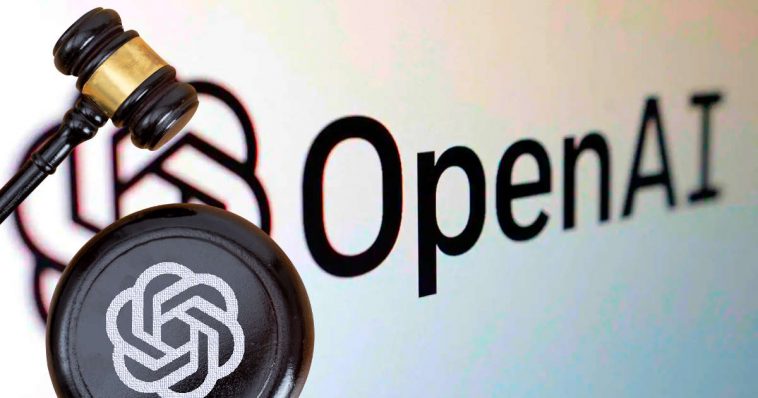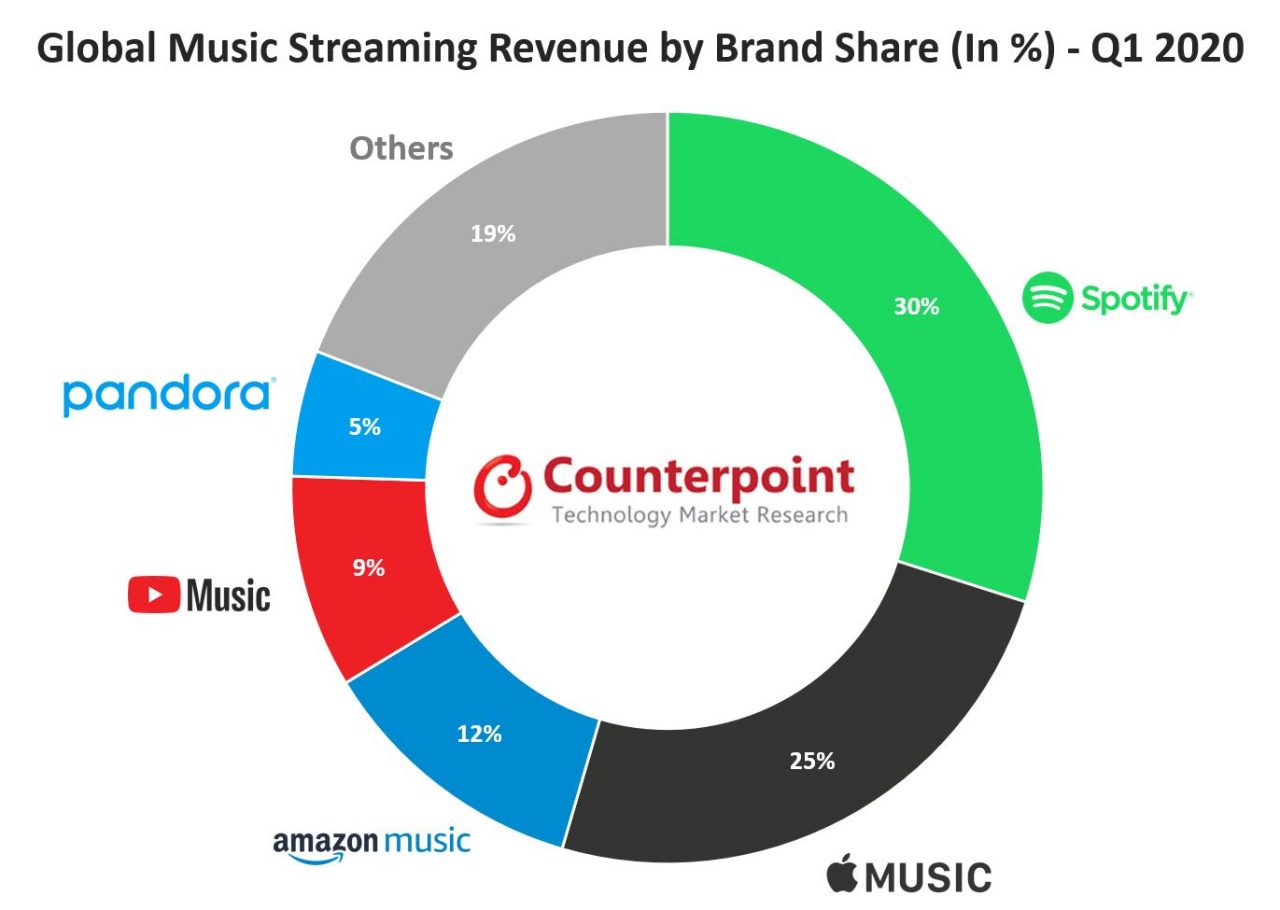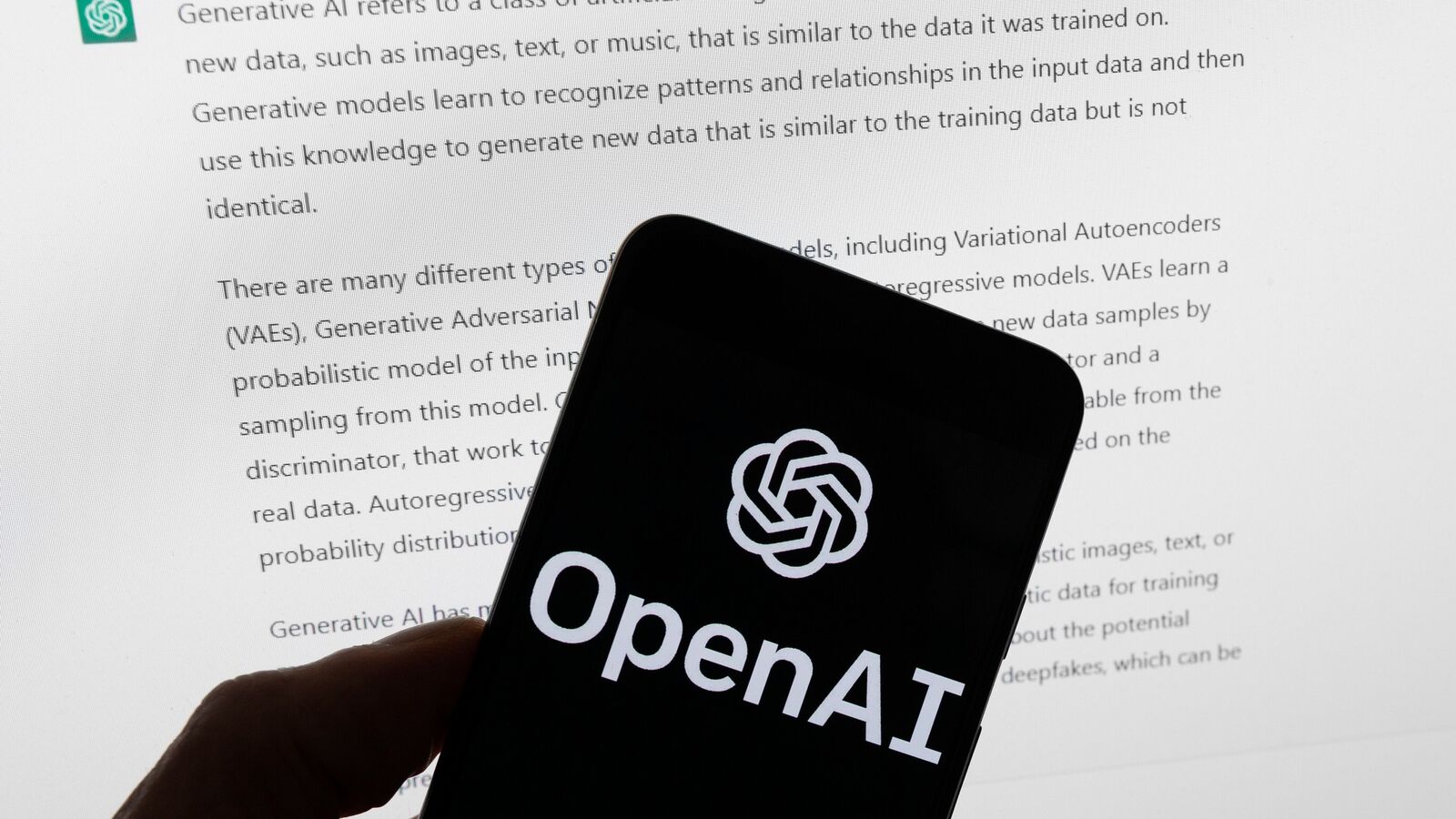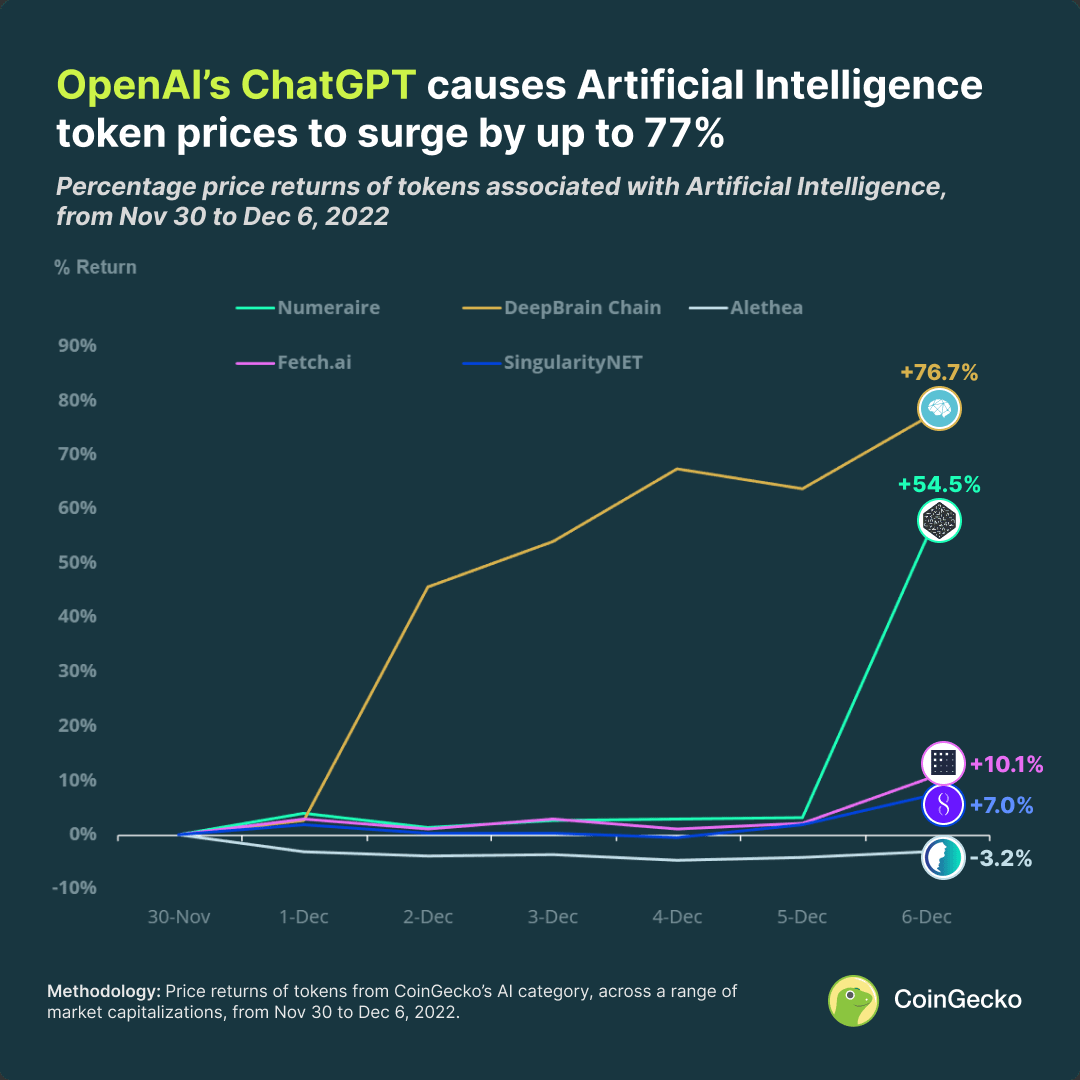OpenAI And ChatGPT: The FTC Investigation And Future Of AI Regulation

Table of Contents
The FTC Investigation into OpenAI and ChatGPT
The FTC's investigation into OpenAI and ChatGPT centers on potential violations of consumer protection laws. This investigation underscores the growing scrutiny surrounding the development and deployment of powerful AI technologies. The key concerns driving the FTC's inquiry include:
-
Data Handling Practices: The FTC is scrutinizing OpenAI's data collection and usage practices. This includes examining whether OpenAI adequately protects user data, complies with relevant data privacy regulations like GDPR and CCPA, and obtains proper user consent for data collection and use. Concerns revolve around the massive datasets used to train ChatGPT and the potential for misuse or breaches. Questions arise around the transparency of these practices and whether users are fully informed about how their data is being employed.
-
Accuracy and Bias in ChatGPT Outputs: The FTC is also concerned about the accuracy and potential biases present in ChatGPT's responses. Generative AI models like ChatGPT are trained on vast datasets, which can reflect existing societal biases. This can lead to unfair or discriminatory outputs, raising concerns about potential harm to consumers. The FTC is likely evaluating whether OpenAI has taken sufficient steps to mitigate these biases and ensure the accuracy and reliability of ChatGPT's information.
-
Potential Legal Arguments: The FTC might leverage legal arguments based on deceptive trade practices and unfair methods of competition. If the FTC finds evidence that OpenAI misled consumers about ChatGPT's capabilities or the use of their data, it could face significant penalties. Similarly, if ChatGPT's outputs are deemed unfair or discriminatory, legal action could be taken based on unfair methods of competition.
-
Potential Penalties: If found in violation of FTC regulations, OpenAI could face substantial fines, mandated changes to its data handling practices, and even restrictions on its operations. The severity of the penalties will depend on the findings of the investigation and the nature of any violations.
Data Privacy Concerns and Generative AI
Generative AI models like ChatGPT pose unique data privacy challenges. The sheer volume of data collected for training and the complexity of the models themselves make ensuring data security and privacy significantly more difficult. Key concerns include:
-
Data Collection, Use, and Storage: The training of large language models like ChatGPT requires vast amounts of user data. Understanding how this data is collected, used, and stored is critical to ensuring compliance with data privacy regulations. OpenAI's data practices will be under rigorous examination.
-
Compliance with Data Protection Regulations: Adherence to regulations like the General Data Protection Regulation (GDPR) in Europe and the California Consumer Privacy Act (CCPA) in California is crucial. The FTC will assess OpenAI's compliance with these and other relevant laws.
-
Transparency and User Control: Increased transparency regarding data usage and providing users with greater control over their data is essential. This includes the ability to opt out of data collection or access and correct their data.
-
Data Breaches: The risk of data breaches is always present with large datasets, and the FTC will likely investigate OpenAI's security measures to prevent such events.
The Broader Implications for AI Regulation
The FTC's investigation has far-reaching implications for the future of AI regulation globally. It's not just about data privacy; it highlights a much broader need for responsible AI development and deployment:
-
Addressing Algorithmic Bias and Societal Impact: Regulation needs to address concerns beyond data privacy, including algorithmic bias that can perpetuate societal inequalities and the broader societal impact of AI. This requires a multi-faceted approach.
-
Existing and Proposed Regulatory Frameworks: The investigation spurs discussion about current and future AI regulatory frameworks worldwide. Countries are developing their own approaches, leading to a complex and often fragmented regulatory landscape.
-
Balancing Innovation and Responsible AI: A key challenge is balancing the need to foster innovation with the imperative of ensuring responsible AI development. Striking this balance is critical for future progress.
-
Collaboration and Oversight: Effective AI governance requires collaboration between industry, government, and international bodies. Self-regulation within the AI industry should be complemented by appropriate government oversight and international cooperation to establish consistent global standards.
The Future of OpenAI and the AI Landscape
The FTC's investigation will likely impact OpenAI's future development and business strategies, and potentially influence the entire AI landscape:
-
Impact on OpenAI's Development: The investigation could lead to changes in OpenAI's data handling practices, model development processes, and overall business strategy. This might involve increased investment in data security and bias mitigation.
-
Investor Confidence: The outcome of the investigation will significantly impact investor confidence in OpenAI and the broader AI industry.
-
Trajectory of AI Regulation: The FTC's actions will undoubtedly influence the trajectory of AI regulation globally, potentially accelerating the development of more comprehensive regulatory frameworks.
-
Promoting Innovation While Mitigating Risks: The future of AI depends on finding solutions that promote innovation while effectively mitigating the risks associated with advanced AI technologies. This necessitates ongoing dialogue and collaboration between all stakeholders.
Conclusion
The FTC's investigation into OpenAI and ChatGPT underscores the critical need for a robust regulatory framework for AI. The implications extend beyond data privacy, encompassing ethical considerations, algorithmic bias, and the broader societal impact of these powerful technologies. Clear guidelines and responsible development are paramount to ensuring the safe and beneficial integration of AI into our lives. Understanding the complexities of AI regulation, especially as it relates to innovative technologies like OpenAI’s ChatGPT, is crucial. Stay informed about developments in AI ethics and the ongoing dialogue surrounding AI regulation to ensure responsible innovation. Learn more about the ongoing discussion around OpenAI, ChatGPT, and the future of AI regulation.

Featured Posts
-
 Tonga Dashes Sis Hopes A Deep Dive Into The Rugby Match
May 01, 2025
Tonga Dashes Sis Hopes A Deep Dive Into The Rugby Match
May 01, 2025 -
 Hollywood Actors Rs 8 7 Crore Charity After Tata Steel Layoffs
May 01, 2025
Hollywood Actors Rs 8 7 Crore Charity After Tata Steel Layoffs
May 01, 2025 -
 On N Est Pas Stresse 8000 Km A Velo Pour Trois Jeunes Du Bocage Ornais
May 01, 2025
On N Est Pas Stresse 8000 Km A Velo Pour Trois Jeunes Du Bocage Ornais
May 01, 2025 -
 Spotify Subscriber Growth Surges 12 Exceeding Expectations Spot
May 01, 2025
Spotify Subscriber Growth Surges 12 Exceeding Expectations Spot
May 01, 2025 -
 12 Subscriber Growth For Spotify Analysis Of Q Quarter Results Spot
May 01, 2025
12 Subscriber Growth For Spotify Analysis Of Q Quarter Results Spot
May 01, 2025
Latest Posts
-
 Shopping With Chat Gpt Open Ais Latest Innovation Challenges Googles Search Power
May 01, 2025
Shopping With Chat Gpt Open Ais Latest Innovation Challenges Googles Search Power
May 01, 2025 -
 How Open Ais Chat Gpt Is Disrupting Online Shopping And Challenging Googles Dominance
May 01, 2025
How Open Ais Chat Gpt Is Disrupting Online Shopping And Challenging Googles Dominance
May 01, 2025 -
 Resistance To Ev Mandates Grows Among Car Dealers
May 01, 2025
Resistance To Ev Mandates Grows Among Car Dealers
May 01, 2025 -
 Prioritizing Economic Recovery Challenges For Canadas Incoming Prime Minister
May 01, 2025
Prioritizing Economic Recovery Challenges For Canadas Incoming Prime Minister
May 01, 2025 -
 Chat Gpt Vs Google Shopping Open Ais New E Commerce Challenge
May 01, 2025
Chat Gpt Vs Google Shopping Open Ais New E Commerce Challenge
May 01, 2025
